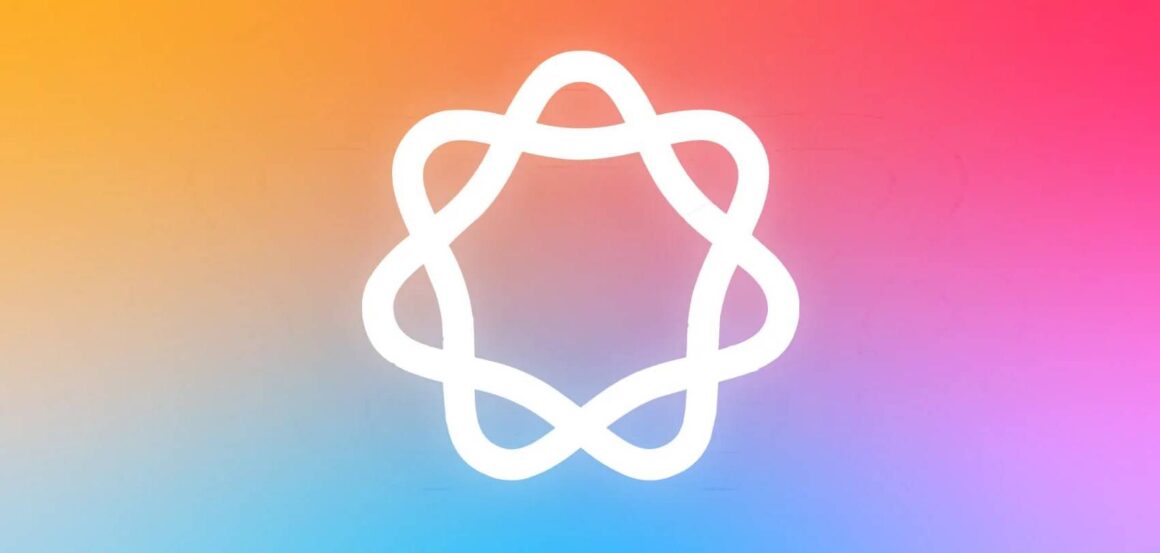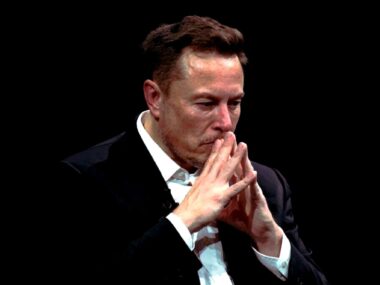Apple has lost another major AI executive to Meta. Ke Yang, who was in charge of the company’s Answers, Knowledge, and Information (AKI) team is gone. The team is tasked with rebuilding Siri into something that could finally compete with ChatGPT or Google Gemini.
His exit follows a string of departures from Apple’s AI and machine learning division. Together they point to a deep fracture inside the company’s approach to artificial intelligence.
Inside Apple’s Growing AI Crisis
If it were just one resignation, it would be easy to dismiss. Yet Apple has been bleeding AI talent all year. Yang’s predecessor, Robby Walker, is also on his way out. Ruoming Pang, who led Apple’s foundational models team, left for Meta earlier this summer with an offer reportedly worth tens of millions. Several of Apple’s top researchers behind Siri’s infrastructure or robotics projects have left for OpenAI, Anthropic, or Meta’s Superintelligence Labs.
So why is Apple losing so many AI experts?
A Culture That Can’t Keep Up
Apple’s identity has always been about control. Every product, every feature, every pixel passes through layers of refinement before it reaches the public. That discipline gave the world the iPhone. When it comes to AI, control and speed don’t coexist.
AI moves too fast for Apple’s famously secretive, perfectionist, product-focused environment. At Meta or OpenAI, researchers are encouraged to publish and experiment. These companies promote an open, research-driven culture. At Apple, they’re expected to work quietly behind layers of approval and confidentiality. That trade-off of stability over speed has defined Apple for decades. In today’s AI landscape, it’s becoming a liability.
Meta and OpenAI have been offering massive signing bonuses. Some are paying out tens, even hundreds of millions of dollars over several years. Apple’s problem isn’t just about money. They’re core values clash with the way AI evolves. The company’s privacy-first philosophy makes it reluctant to use massive cloud datasets. They’re also reluctant to track user behavior at scale. That’s a respectable stance, but it limits the large-scale experimentation that drives breakthroughs.
While competitors rush to release advanced AI models, Apple is trying to reconcile how to do AI without betraying its principles. That tension is driving its best people away.
The Cracks in the Strategy
The timing couldn’t be worse. Apple is planning a major Siri overhaul for March 2026. One that would finally let the assistant pull real-time web data, in addition to performing complex tasks. Yang’s team was central to that vision. His departure, along with others, creates a leadership vacuum right when Apple needs it the most.
It also exposes something investors don’t want to hear. Apple’s AI progress isn’t as stable as it appears. The company has been presenting “Apple Intelligence” as its answer to the generative AI boom. Behind that branding is a division struggling to hold onto the people they need to build it.
Insiders are hinting at more departures on the horizon. It’s speculated that morale within Apple’s AI group isn’t high right now. When your AI architects leave, the knowledge they bring to make innovation possible leaves with them. You can replace a job title. You can’t replace the person who built the system from scratch.
Apple can afford to lose a few executives. What it can’t afford is the perception that its best minds don’t believe in its vision anymore. Unless the company learns to loosen its grip, their dreams of being a major player in the field of generative AI will never come to pass.






